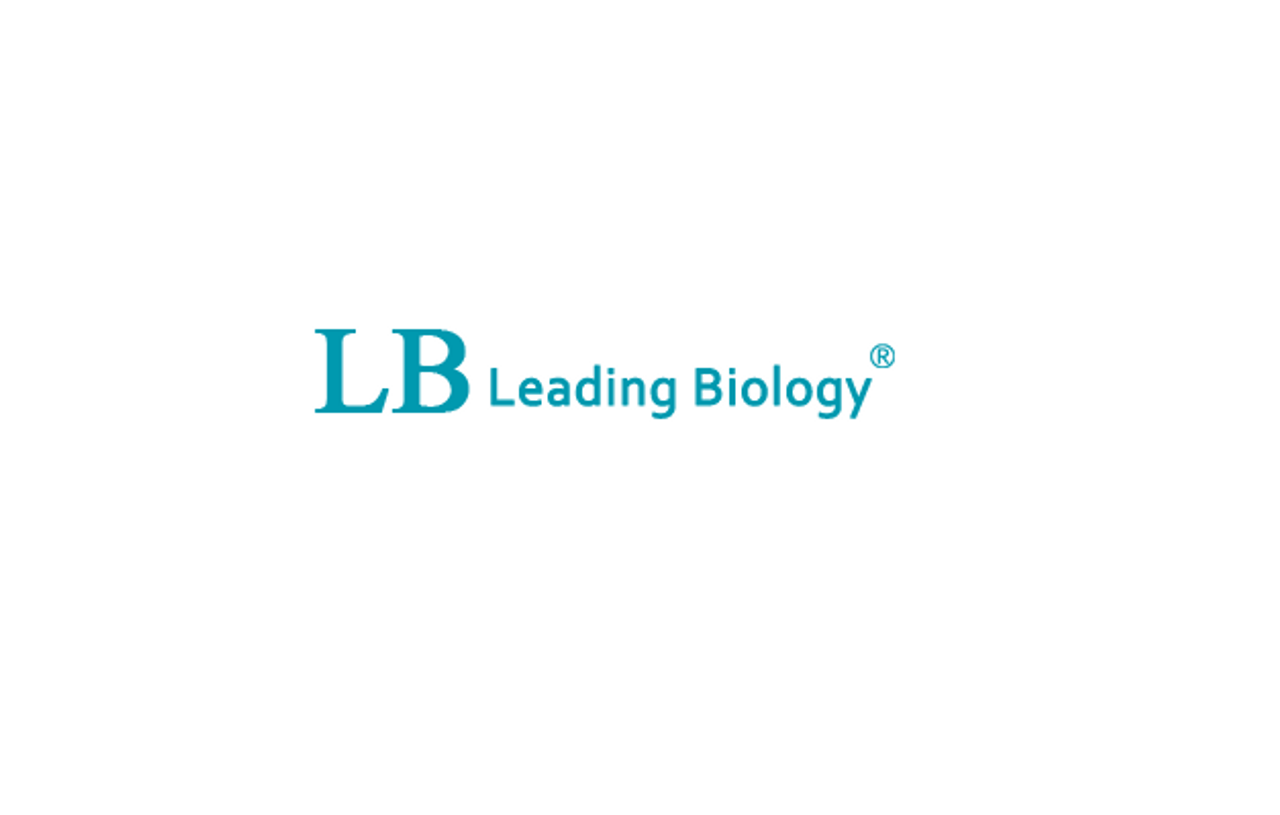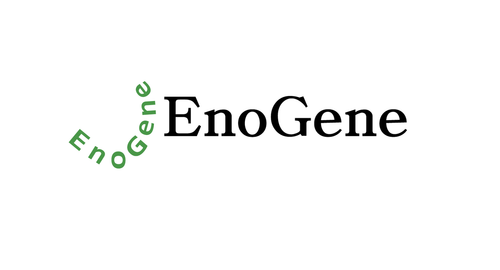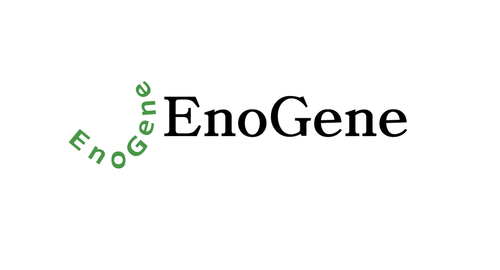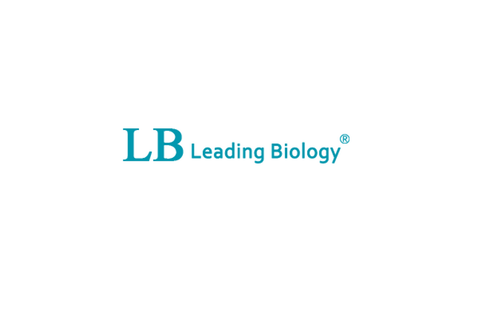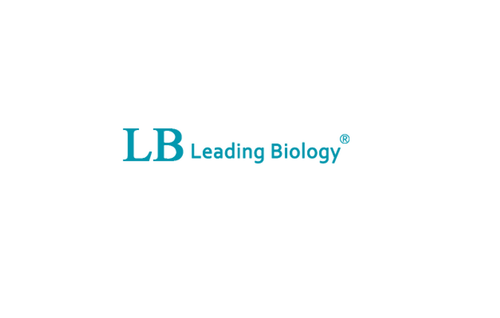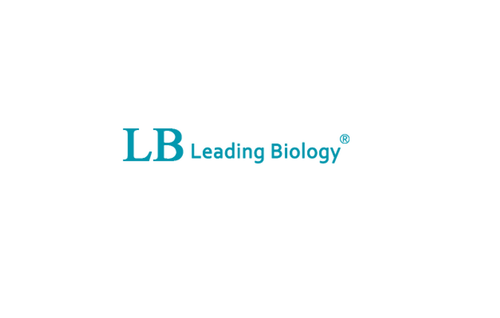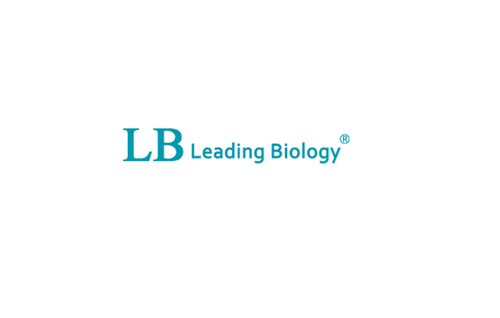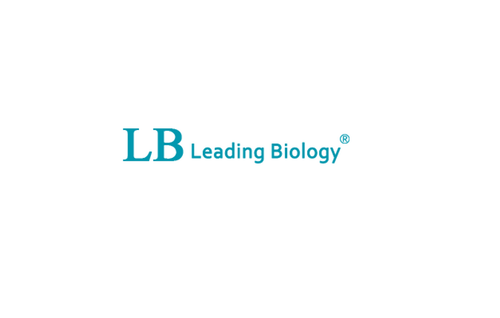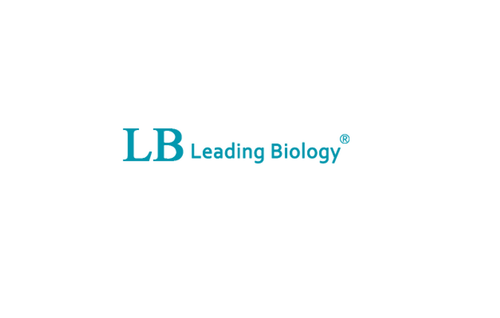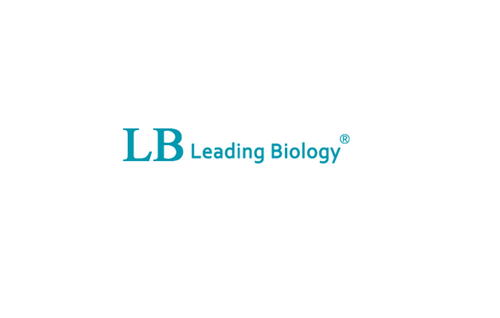Product Description
Recombinant Human NOG Protein (C-His Tag) | PH0134M1 | Leading Biology
Short Description: Noggin, also known as NOG, is a protein that is involved in the development of many body tissues, including nerve tissue, muscles, and bones. Noggin is a signaling molecule that plays an important role in promoting somite patterning in the developing embryo. It is released from the notochord and regulates bone morphogenic protein (BMP4) during development. The absence of BMP4 will cause the patterning of the neural tube and somites from the neural plate in the developing embryo. It also causes formation of the head and other dorsal structures. Noggin function is required for correct nervous system, somite, and skeletal development. Experiments in mice have shown that noggin also plays a role in learning, cognition, bone development, and neural tube fusion. Heterozygous missense mutations in the noggin gene can cause deformities such as joint fusions and syndromes such as multiple synostosis syndrome (SYNS1) and proximal symphalangism (SIM1) . SYNS1 is different from SYM1 by causing hip and vertebral fusions. The embryo may also develop shorter bones, miss any skeletal elements, or lack multiple articulating joints. Increased plasma levels of Noggin have been observed in obese mice and in patients with a body mass index over 27. Additionally, it has been shown that Noggin depletion in adipose tissue leads to obesity.
Product Type: Cytokine
Form: lyophilized
Purity: Greater than 95% by SDS-PAGE
Storage: -70°C
Buffer: 0.2 μm filtered PBS, pH7.4
 Euro
Euro
 USD
USD
 British Pound
British Pound
 NULL
NULL

